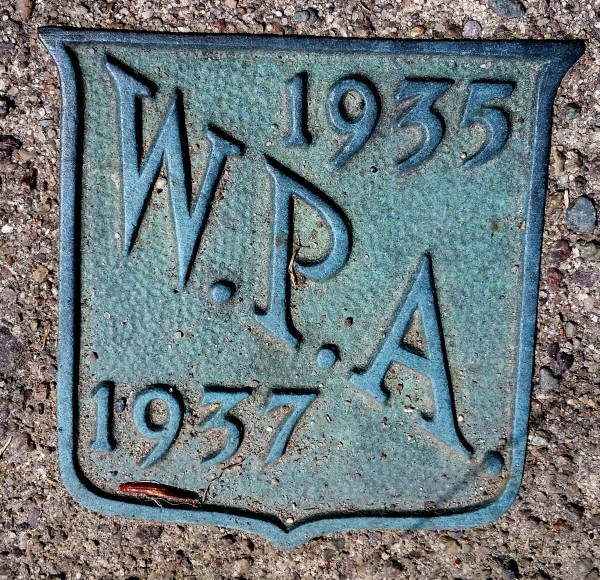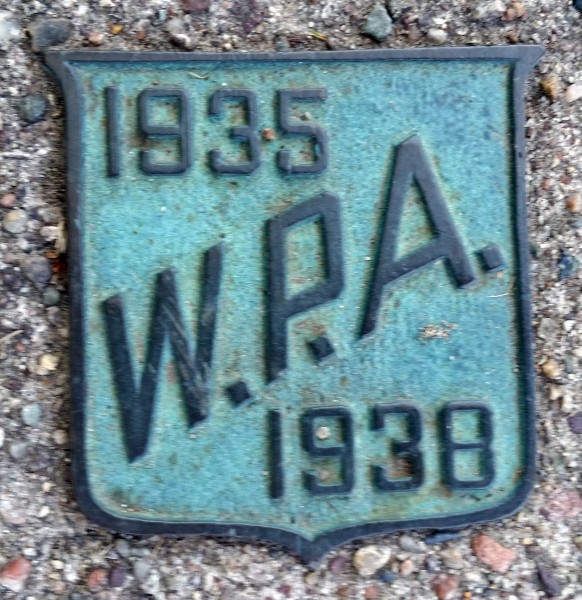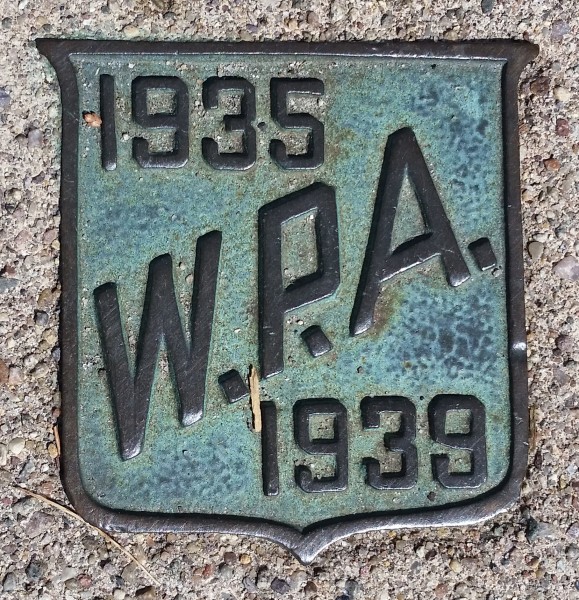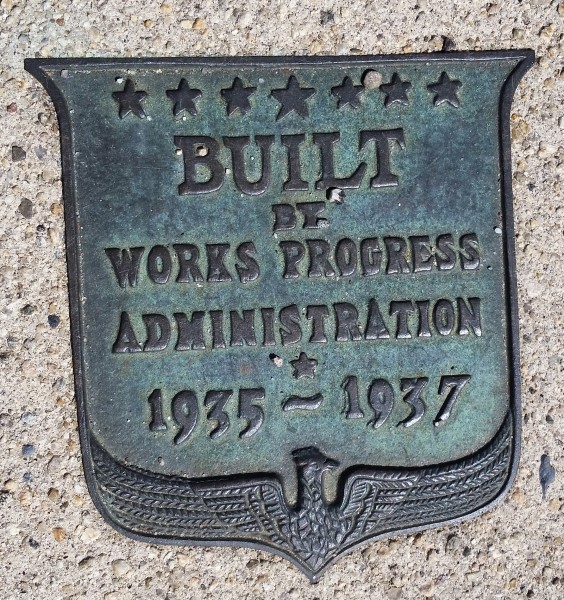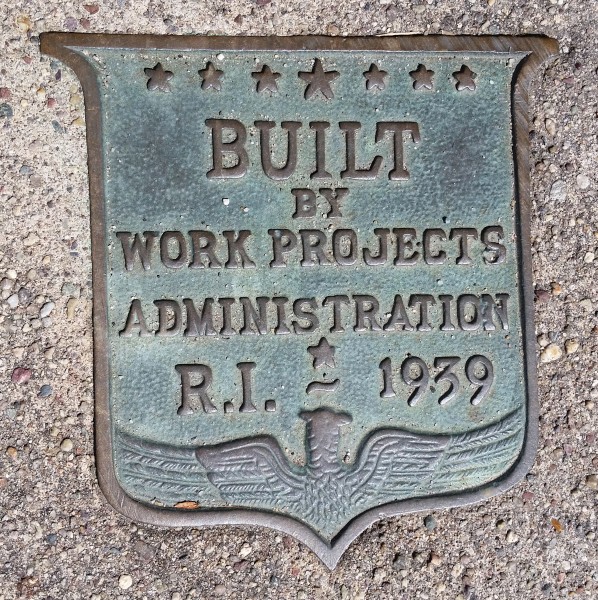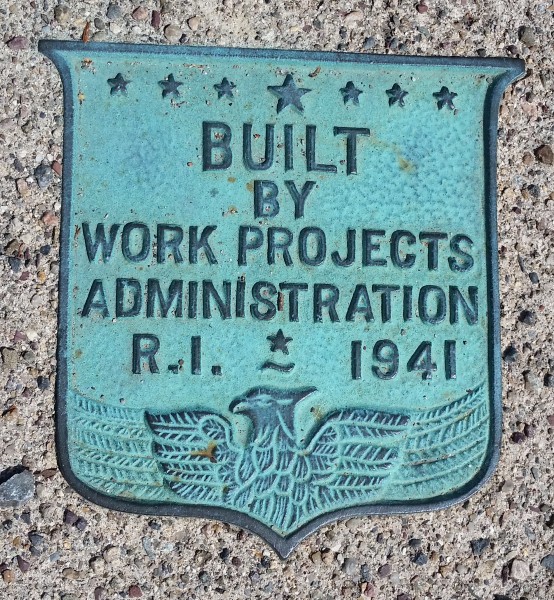
The tolls issue is not a case of supporting infrastructure projects or tax policy, or even an attempt at solving our problem of crumbling bridges and roads. Everyone agrees that Rhode Island’s roads and bridges are in need of repair. The tolls issue is really a case of trust in our elected leaders and the way the State of Rhode Island operates.
One fact becomes plain to anyone that has observed Rhode Island politics for more than 5 minutes: Rhode Island does not have a truly representative democracy. Legislators often vote against the wishes of their constituents. State leadership, and in particular Speaker Mattiello, force legislators to vote for bad legislation over and over again because legislators fear losing legislative grants, powerful committee positions and or having their own legislation quashed by the Speaker. In fact, three legislators have lost their committee positions because they voted against the tolls.
I also believe that it is fair to assume that house members that voted against the tolls will lose legislative grants and not have their critical legislation voted on. The reality is that legislation is controlled by Speaker Mattiello and his influence over the votes of legislators (via legislative grants, committee positions and other things) can not be denied.
I do not feel bad about my opposition to the tolls legislation because I am an adult with an opinion and a position on this very important matter. To be clear, I find this notion of social or group conformity tied to the label “progressive” to be pretty immature. I do get why legislators felt they had to vote yes on the tolls legislation. However, voters in my district are against the tolls, without a doubt. It isn’t even close. I would have voted no on the tolls and I would have forced a very serious debate about it.
As a resident of Pawtucket, I am reminded daily of the importance and significance of public works and infrastructure projects. Everyday, I walk my daughter to school, and beneath my feet are sidewalks made by the Works Progress Administration in the 1930s. When I go to Slater Park I can see a beautiful man-made pond with small bridges and a gazebo which is frequented by wedding photographers that was built by the WPA. In fact, the Pawtucket city hall was built by the Works Progress Administration. So, residents in Pawtucket are more than aware of the significance and success of public works projects, but that does not change the fact that we are against the tolls scheme.
To sum it up, this is not a progressive issue, or liberal issue, or a conservative issue. This is a trust issue. I understand that some legislators are upset with me for my position, just as they were upset about my position on the PawSox, but that does not change my position at all.


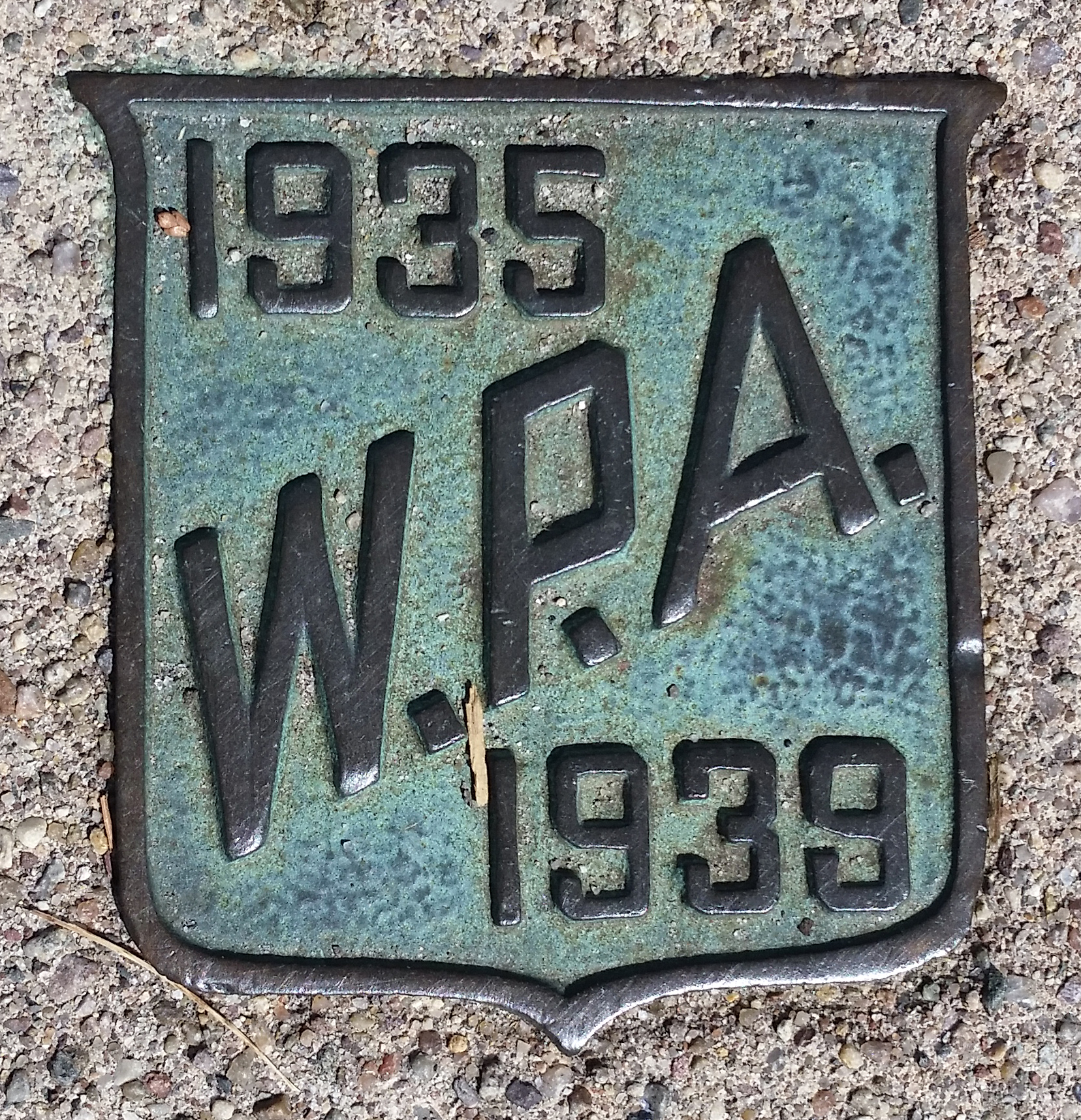
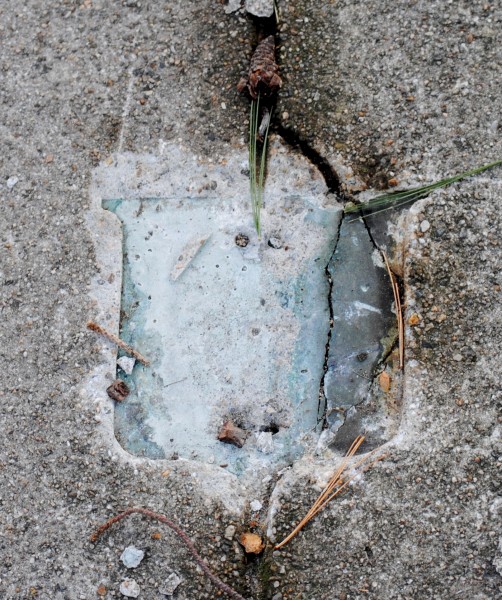 It took too long, but eventually, after the election of FDR, the United States got around to actually doing something about the Great Depression. The Works Progress (or Work Projects) Administration (W.P.A.) started putting Americans back to work, Keynesian style, in 1935. Economists may argue about the efficacy of stimulus programs, but one benefit cannot be argued:
It took too long, but eventually, after the election of FDR, the United States got around to actually doing something about the Great Depression. The Works Progress (or Work Projects) Administration (W.P.A.) started putting Americans back to work, Keynesian style, in 1935. Economists may argue about the efficacy of stimulus programs, but one benefit cannot be argued: